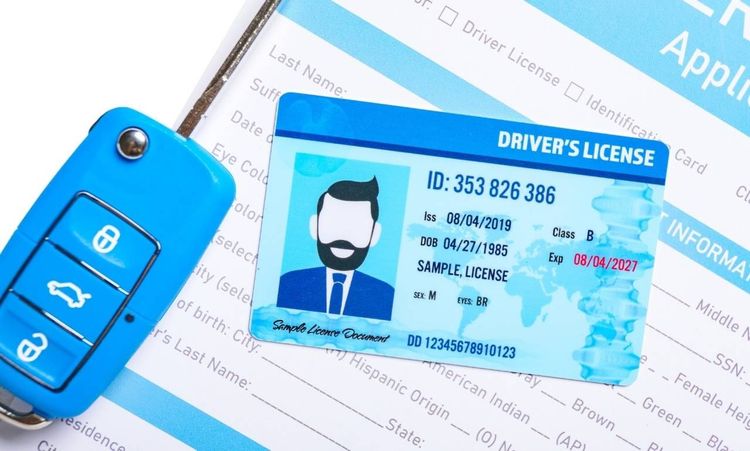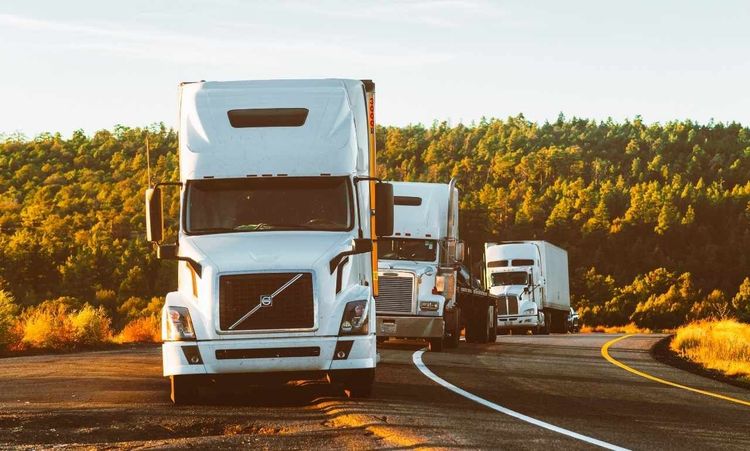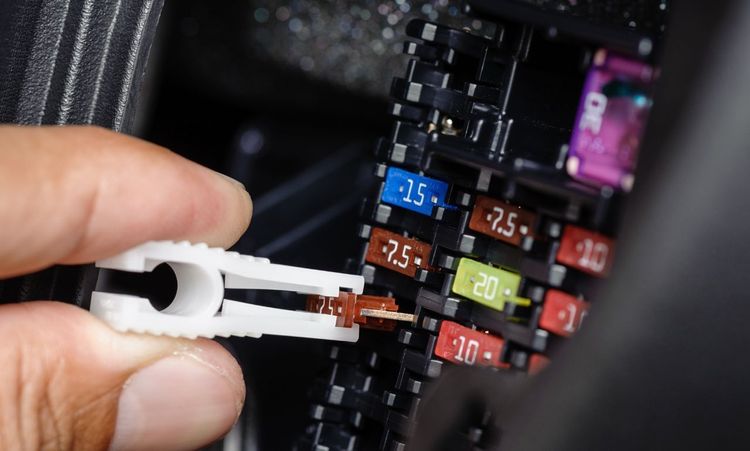Are you an aspiring car owner and deal-hunting? It is time to make your vehicle dreams a reality. Before cruising off the lot in your perfect ride, discuss the documents you need to buy a car. A little paperwork prep goes a long way in keeping your car shopping journey smooth and stress-free. Trust me, a bit of organization upfront will have you thanking yourself later!
What documents do you need to buy a car?
Driver's license
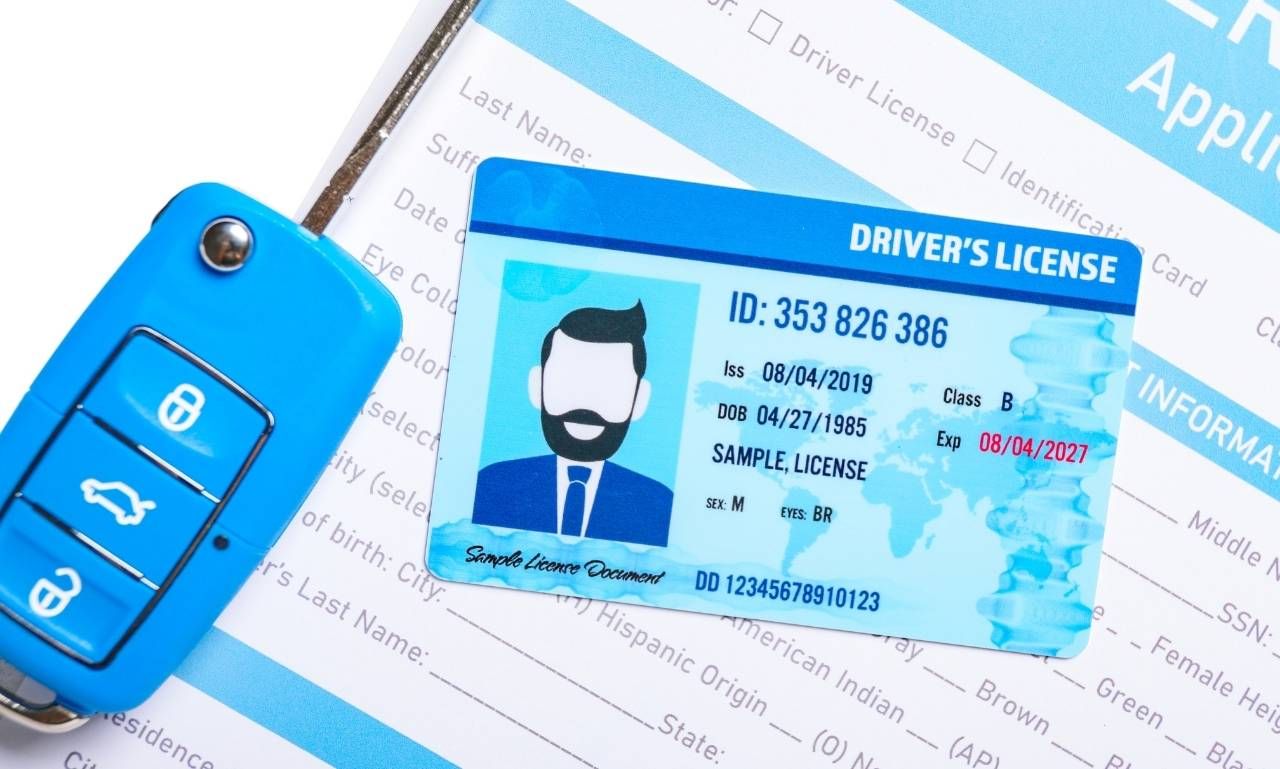
Your driver's license is like your VIP pass to the car-buying club. Not only does it prove your identity, but it also shows the dealer that you're legally allowed to drive off into the sunset. Ensure your license is up-to-date and free of any restrictions that could put the brakes on your purchase.
Proof of auto insurance:
Before you can cruise off the lot in your shiny new ride, you'll need to prove that you've got your auto insurance ducks in a row. Most states require a minimum level of coverage, so you must check with your insurance agent ahead of time to ensure you're meeting those requirements. Come prepared with your current insurance card or policy declaration page; you'll be one step closer to hitting the open road!
Payment for your purchase:
Before everything else, make sure you have your payment method sorted out before heading to the dealership. If you plan to finance your new car, gather all the necessary documents and consider getting pre-approved for a loan to streamline the process and give you a little extra negotiating power.
What should I bring if my credit score is low?
If your credit score is a bit lower, there are still ways to make your car-buying dreams a reality. Consider bringing along some extra documentation to show the dealer that you're a responsible, reliable buyer:
Proof of a steady income:
Lenders want to see that you have a consistent cash flow to make those monthly car payments. Bring along your two most recent pay stubs or if you're self-employed, be prepared to provide bank statements or tax returns to demonstrate your earning power.
A larger down payment:
Putting more money down upfront can help offset a lower credit score and show lenders that you're serious about your purchase. A bigger down payment means lower monthly payments and less interest paid over time. It's a win-win!
A co-signer:
If your credit is really holding you back, consider asking a trusted friend or family member with a strong credit history to co-sign your loan. Just remember that they'll be on the hook if you can't make your payments, so it's a big responsibility for both parties involved.
Is there documentation that could help me get a discount?
Some common discounts include:
Military personnel:
If you currently serve or have served in the armed forces, you may be eligible for a military discount. Bring your military ID or other proof of service to see if you qualify.
College graduates:
Some automakers offer special discounts for recent college grads. If you've graduated within the past year or will be graduating soon, bring your diploma or transcript to see your eligibility.
First-time car buyers:
You can snag a newbie discount if this is your first time buying a car. Bring along proof that you've completed a first-time buyer program or have no prior car financing on your credit report.
How do I prepare to finance the vehicle?
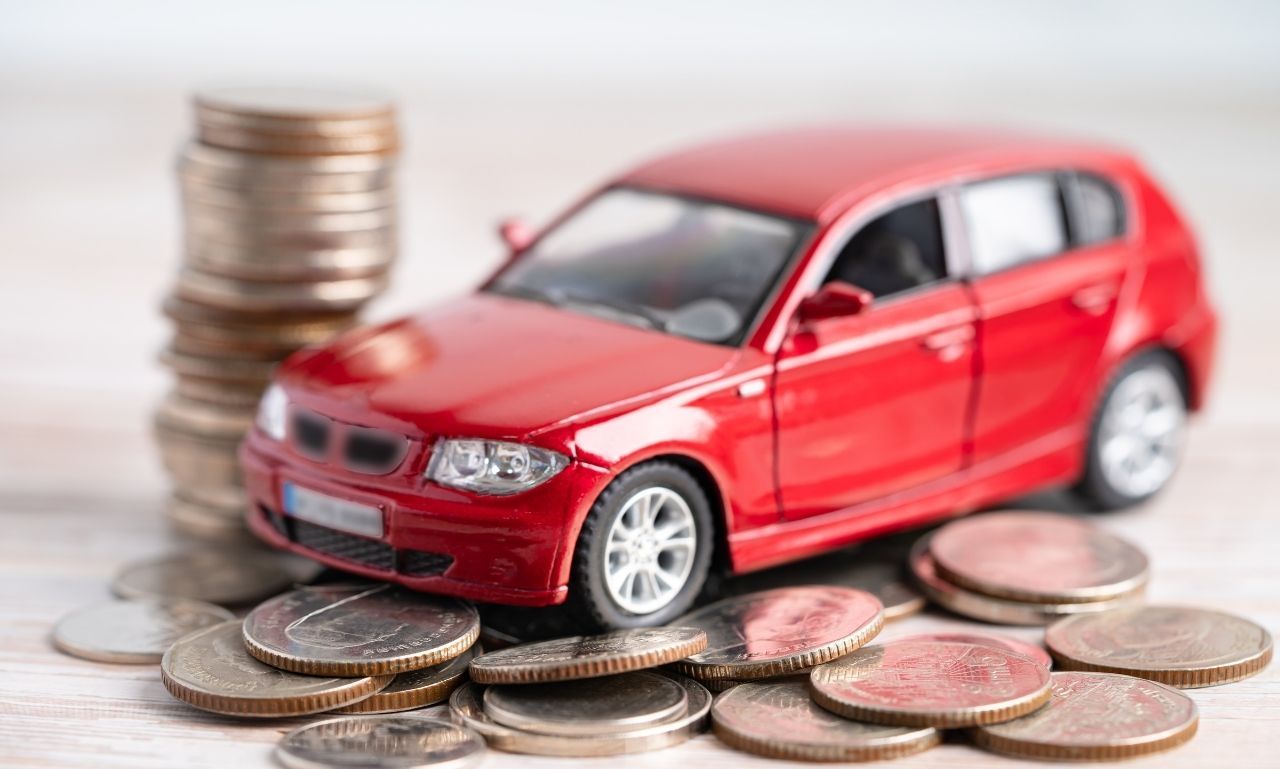
If you're planning to finance your new ride, there are a few key things you can do to prepare:
Check your credit score: Your credit score plays a significant role in determining your loan terms, so knowing where you stand is important. You can request a free credit report from each of the three major credit bureaus (Equifax, Experian, and TransUnion) once yearly at AnnualCreditReport.com. Review your report carefully for errors or discrepancies, and consider taking steps to improve your score if necessary.
Gather your financial documents: Lenders will want to see proof of your income and financial stability, so make sure you have all the necessary documents. This may include:
Recent pay stubs (usually your two most recent) W-2 forms from the past year or two Bank statements Proof of residence (such as a utility bill or lease agreement)
Apply for pre-approval: Shopping around for financing before you hit the dealership can give you a better idea of what rates and terms you qualify for. Apply for pre-approval from multiple lenders (such as banks, credit unions, and online lenders) to see who can offer you the best deal. Having a pre-approval letter can also give you more negotiating power when it comes time to talk numbers with the dealer.
Recent Utility Bills
You might wonder why the dealership wants to see your recent utility bills. It's all about proving your current residence. If your driver's license doesn't reflect your current address, bringing along a recent utility bill (such as electricity, gas, or water) can help verify that you actually live where you say you do. This is especially important if you plan to finance your vehicle, as lenders want to confirm your residence for their records.
Proof of Insurance
In most states, you must have a minimum of car insurance coverage to drive legally. The specifics vary by state, so it's essential to research and ensure you're meeting those requirements.
When you're ready to buy, bring your current insurance card or policy declaration page to show the dealer that you're adequately insured. If you don't have insurance yet, you'll need to secure a policy before you can drive off the lot. Many dealerships have partnerships with insurance companies and can help you set up a policy on the spot. Still, it's often cheaper to shop around and secure insurance beforehand.
Recent Pay Stubs
If you're planning to finance your new car, the lender will want to see proof of your income to ensure you can make your monthly payments. You'll most likely need to provide your two most recent pay stubs to verify your earnings. If you're self-employed or have other sources of income (such as investments or rental properties), be prepared to provide additional documentation, such as bank statements or tax returns, to give the lender a complete picture of your financial situation.
Credit Score and History
Your credit score is like a snapshot of your financial health, and it plays a significant role in determining the terms of your car loan. Before you start shopping for your new ride, you should check your credit score and review your credit reports for errors or red flags.
You're entitled to one free credit report from each of the three major credit bureaus (Equifax, Experian, and TransUnion) every 12 months, which you can request at AnnualCreditReport.com. Review your reports carefully and dispute any inaccuracies with the appropriate bureau.
If your credit score is low, don't panic! As we mentioned earlier, you can improve your chances of securing financing by bringing proof of a steady income, offering a larger down payment, or finding a co-signer.
Form of Payment
If you're paying with cash or a cashier's check, ensure you have the funds available and ready to transfer. If you're financing your purchase, you'll need to have all your loan documents in order, including your pre-approval letter (if applicable) and any required down payment.
It's worth noting that many dealerships are wary of accepting personal checks for big-ticket purchases like cars, so it's best to stick with a cashier's check or certified funds. If you plan to pay with a personal check, be prepared for the dealership to take extra precautions to verify the check's validity, which could delay the process.
How to Buy a Car from a Dealer
Now that you know what documents you need to bring along, let's talk about how to navigate the car-buying process at a dealership. Here are a few tips to keep in mind:
Learn About Pricing Online
Research the make, model, and trim level you're considering, and get a sense of what a fair price looks like in your area. Sites like Kelley Blue Book, Edmunds, and TrueCar can give you a good idea of what to expect regarding pricing and any current incentives or rebates that might be available.
A clear idea of what you're willing to pay before negotiating can help you stay within budget and avoid getting talked into a deal that isn't in your best interest. Don't be afraid to walk away if the price isn't right—plenty of other dealerships and cars are out there!
Apply for Financing from Multiple Lenders
Apply for pre-approval from multiple lenders (such as banks, credit unions, and online lenders) to see what rates and terms you qualify for. Having a pre-approval letter can give you more negotiating power when it comes time to talk numbers with the dealer, as you'll have a clear idea of what you can afford and what you're willing to pay.
Dealers may also offer financing options, which could be competitive with what you've found on your own. However, it's always a good idea to have a backup plan if the dealer's financing doesn't work out or isn't as favourable as what you've secured elsewhere.
Which documents do I need for a trade-in?
If you're planning to trade in your current car as part of your new car purchase, there are a few extra documents you'll need to bring along:
Current Certificate of Title
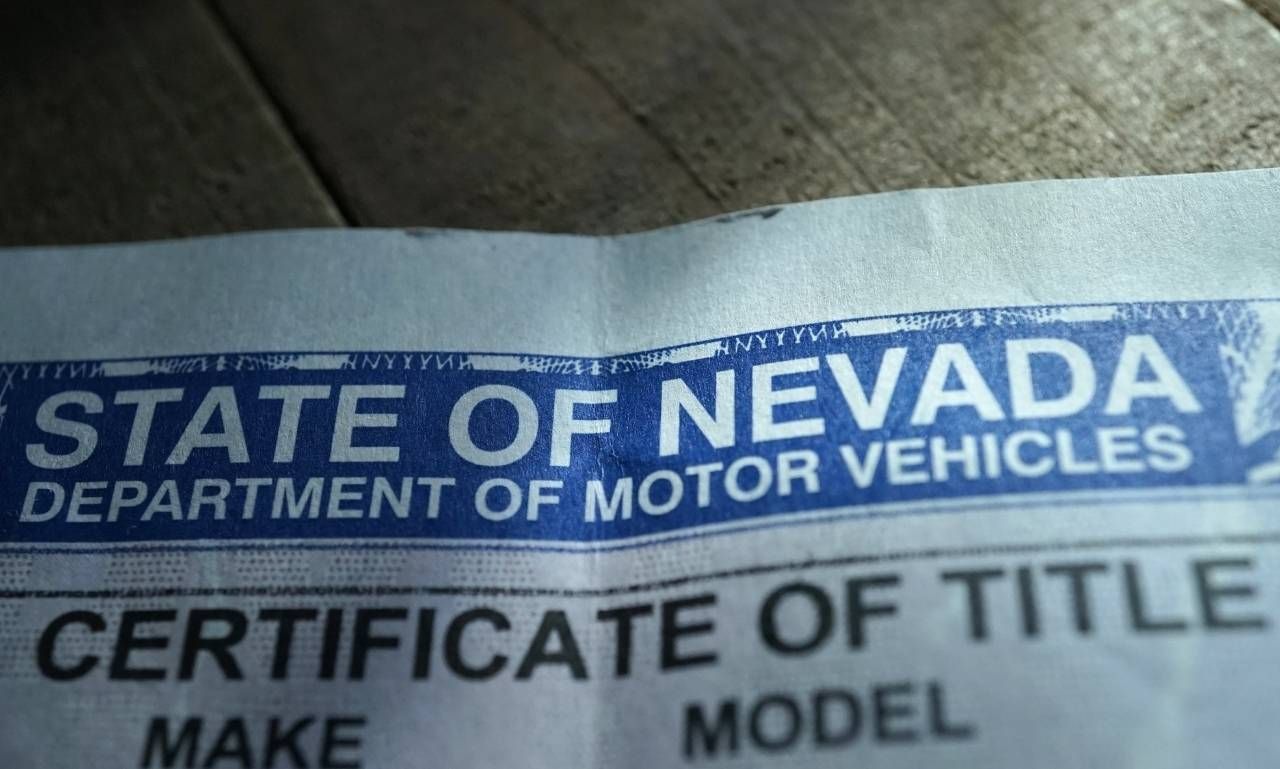
The certificate of title is the legal document that proves you own your current vehicle. If you have a car loan, the title will typically be held by the lender until the loan is paid off. If you own the car outright, you should have the title. Either way, you'll need to bring the title (or a copy of it) to the dealership to complete the trade-in process.
If you can't find your title or have questions about your ownership status, contact your state's Department of Motor Vehicles (DMV) for guidance on how to proceed.
A Clean Vehicle
While it's not technically a document, bringing a clean and well-maintained vehicle to the dealership can go a long way in getting you the best possible trade-in value. Before you head to the dealer, thoroughly clean your car inside and out, and consider having any minor repairs or maintenance issues addressed. A car that looks and runs well will appeal more to the dealer and could offer a higher trade-in offer.
Current Vehicle Registration
In addition to your title, the dealership will want proof that your trade-in vehicle is registered and current on all fees and taxes. Bring your current registration paperwork, including your license plate number, VIN (vehicle identification number), and expiration date.
If your registration is expired or will expire soon, consider renewing it before heading to the dealership to avoid any potential trade-in problems.
Service Records
If you have a record of your vehicle's service history, bringing it to the dealership can help demonstrate that you've taken good care of the car and maintained it regularly. This can include oil change records, tyre rotations, brake service, and any other repairs or maintenance work you've done over the years.
While service records aren't always necessary for a trade-in, they can help support the value of your vehicle and give the dealer peace of mind that they're getting a well-maintained car.
Conclusion
Whew, that was a lot of information to take in! But don't worry—with a little preparation, buying a car doesn't have to be overwhelming! With the right documents and a little know-how, you'll be cruising off the lot in your dream ride.
Happy car shopping, folks!
Also Read: What is the Black Dog in Trucking?
